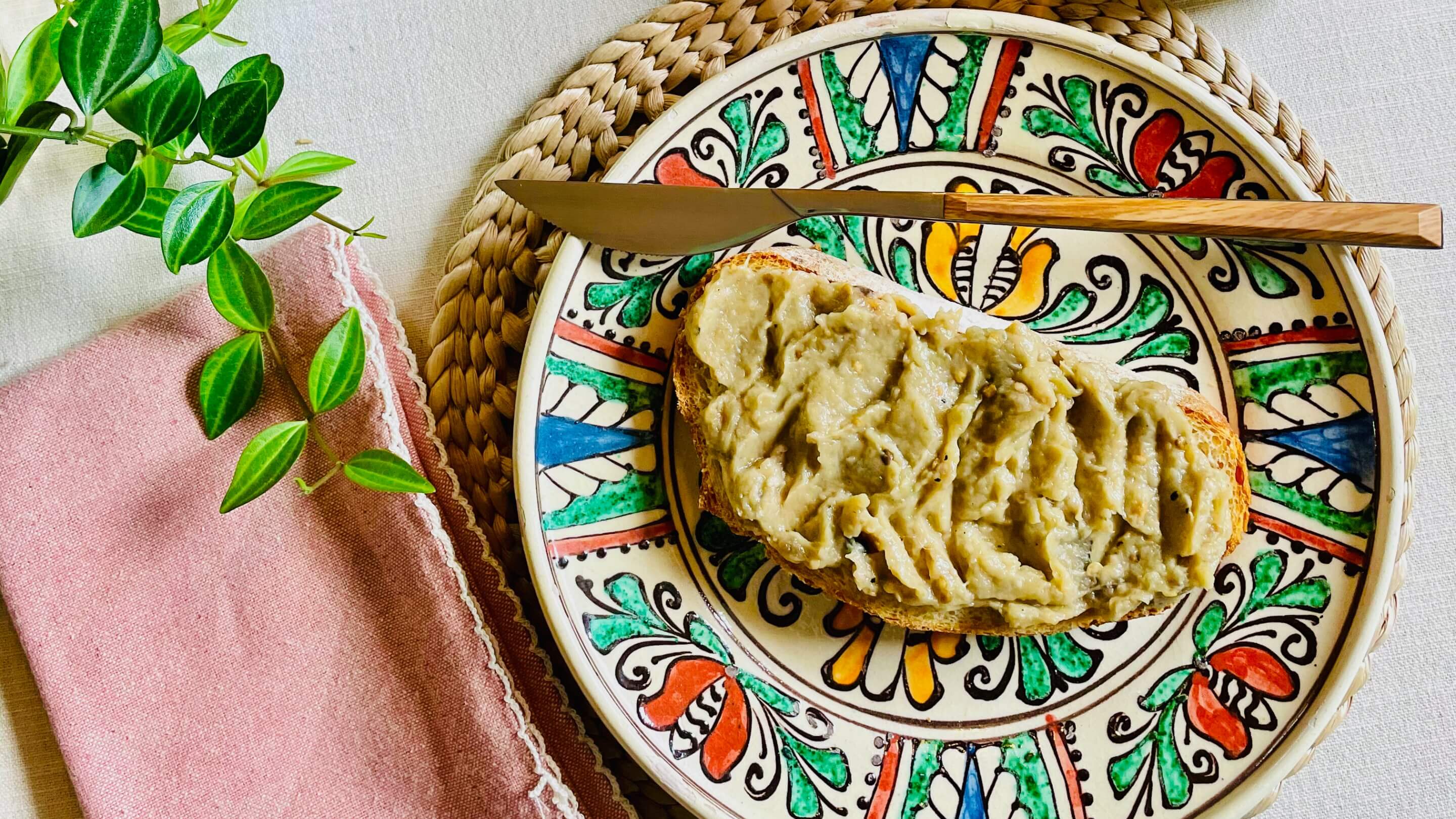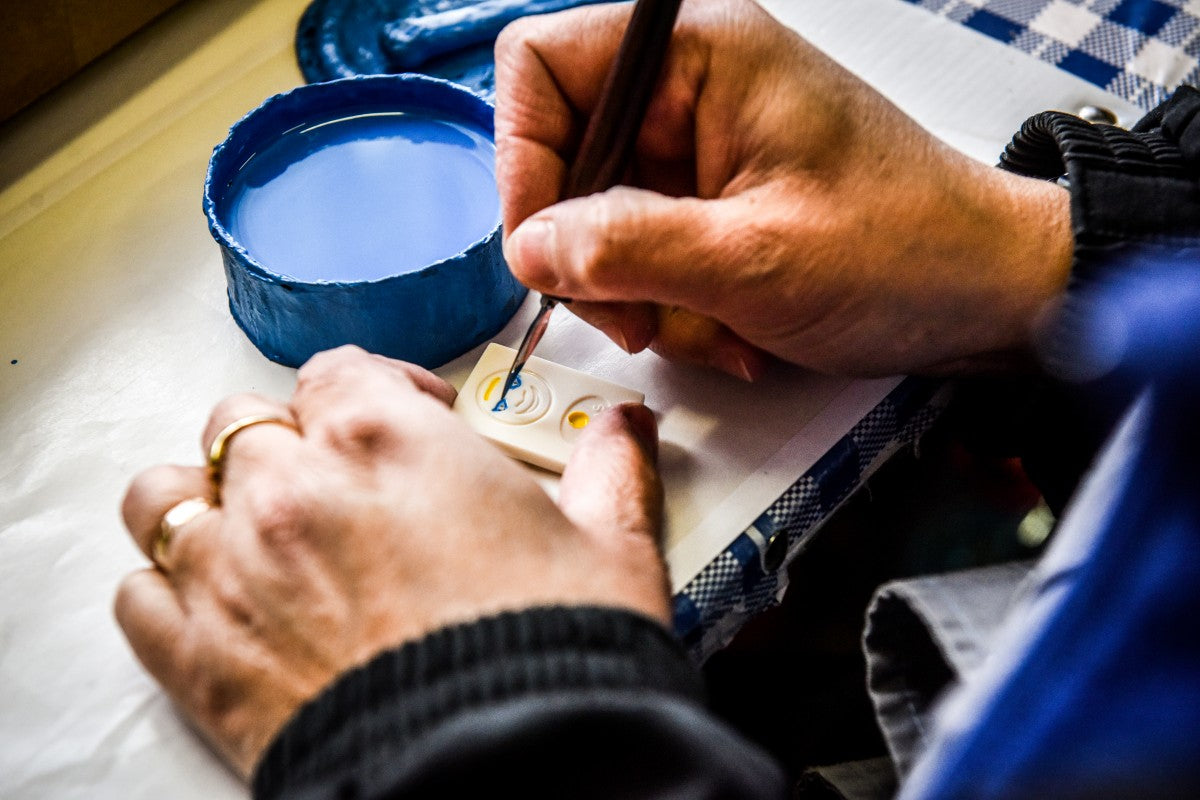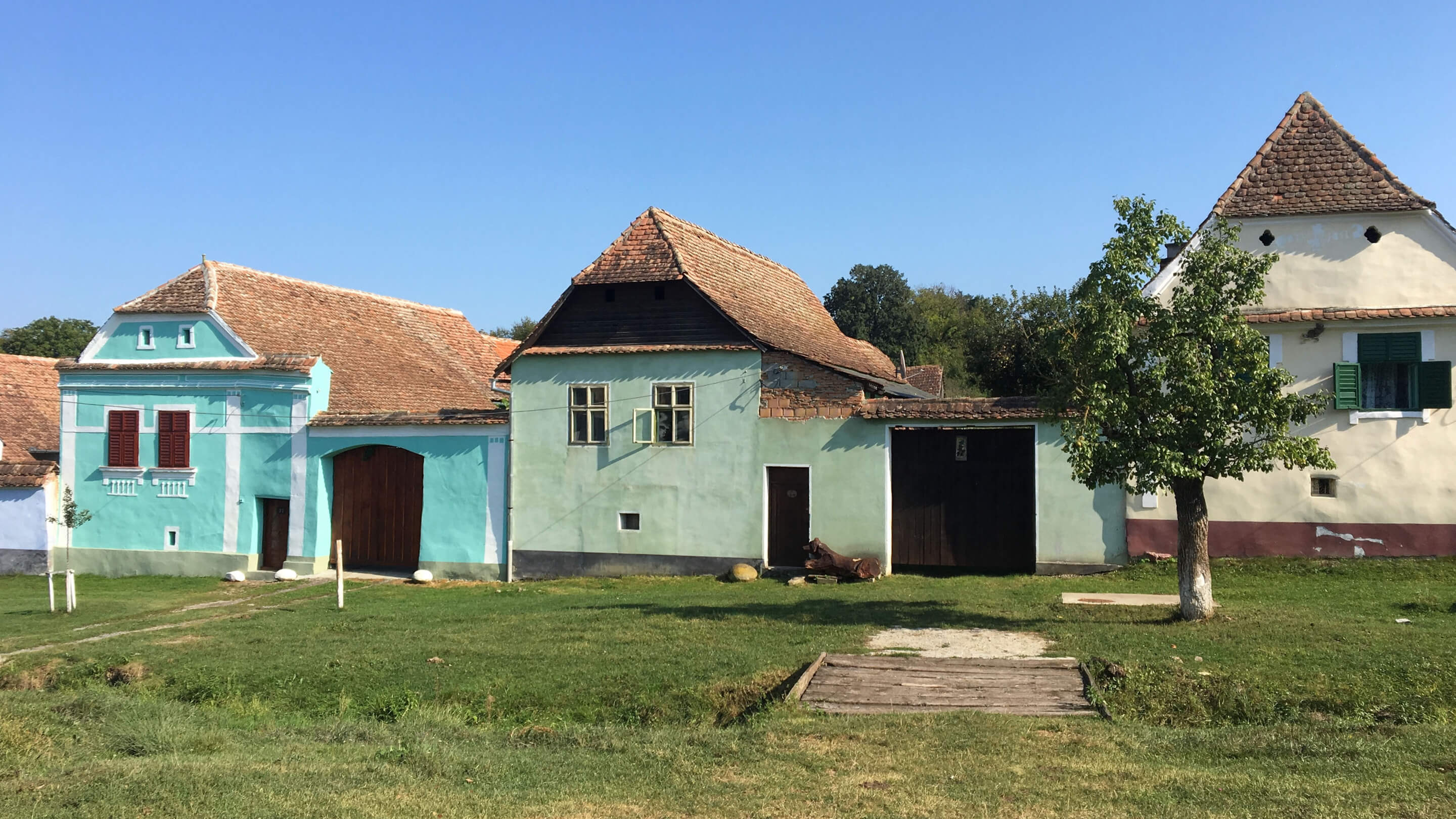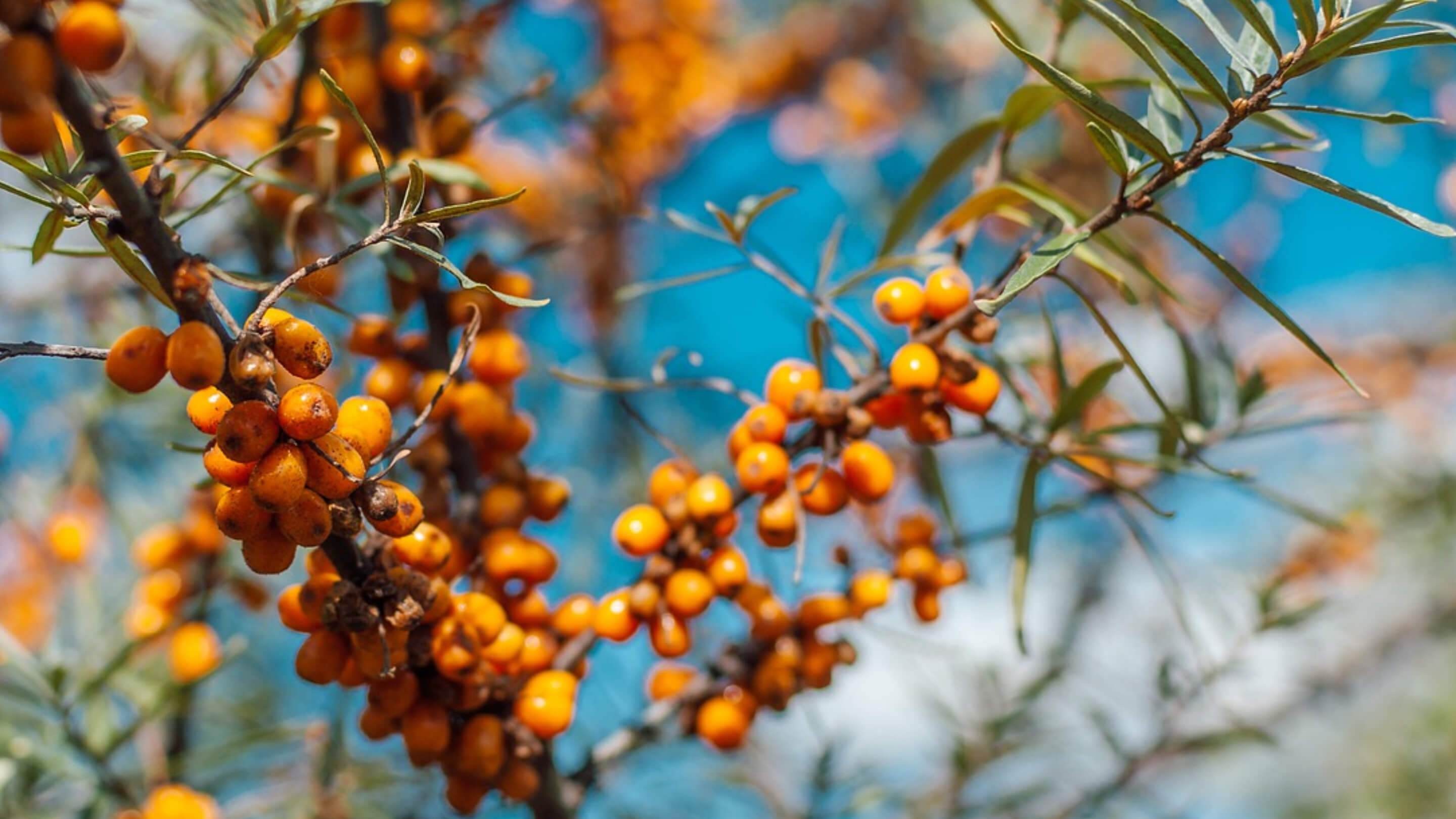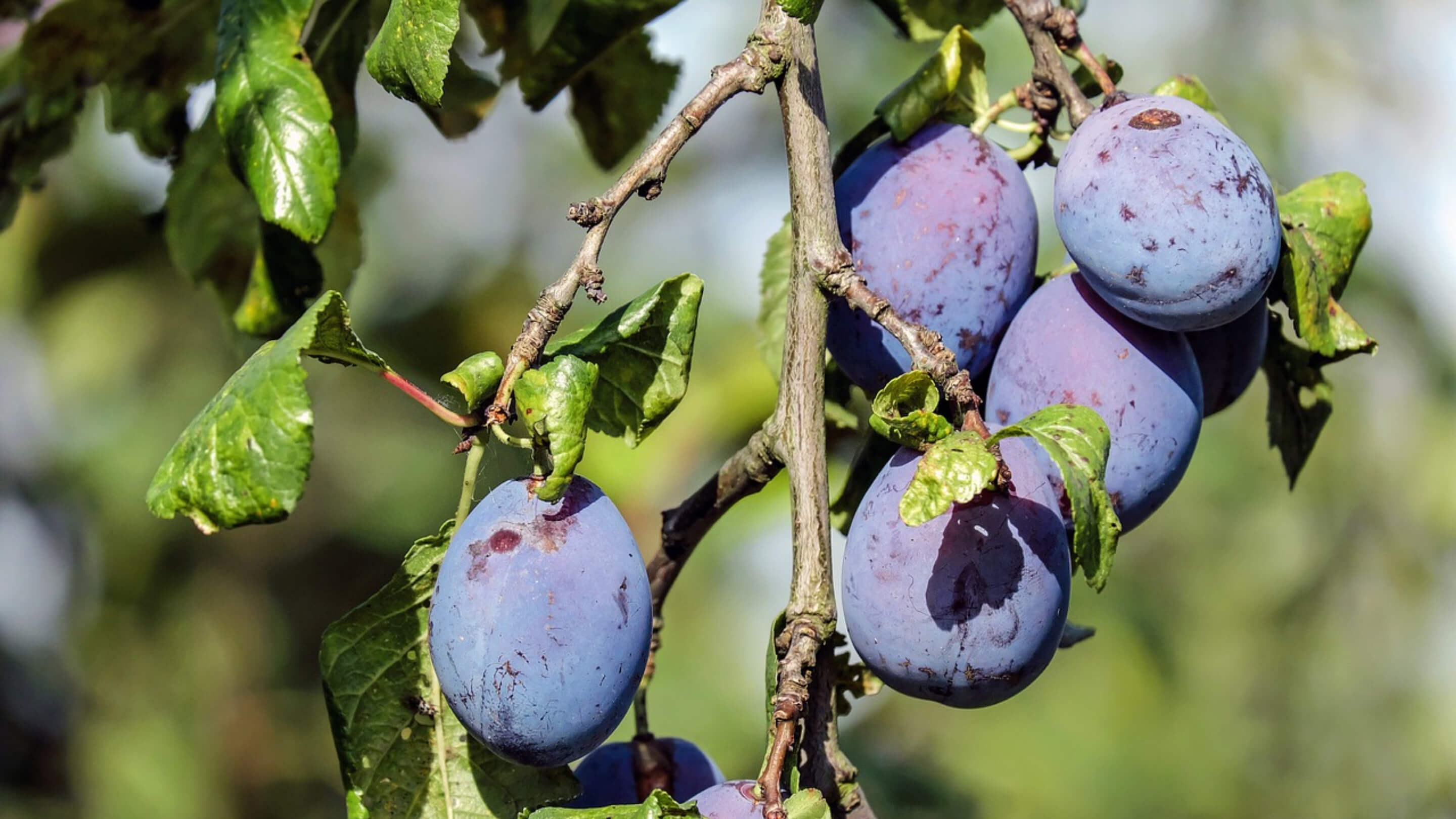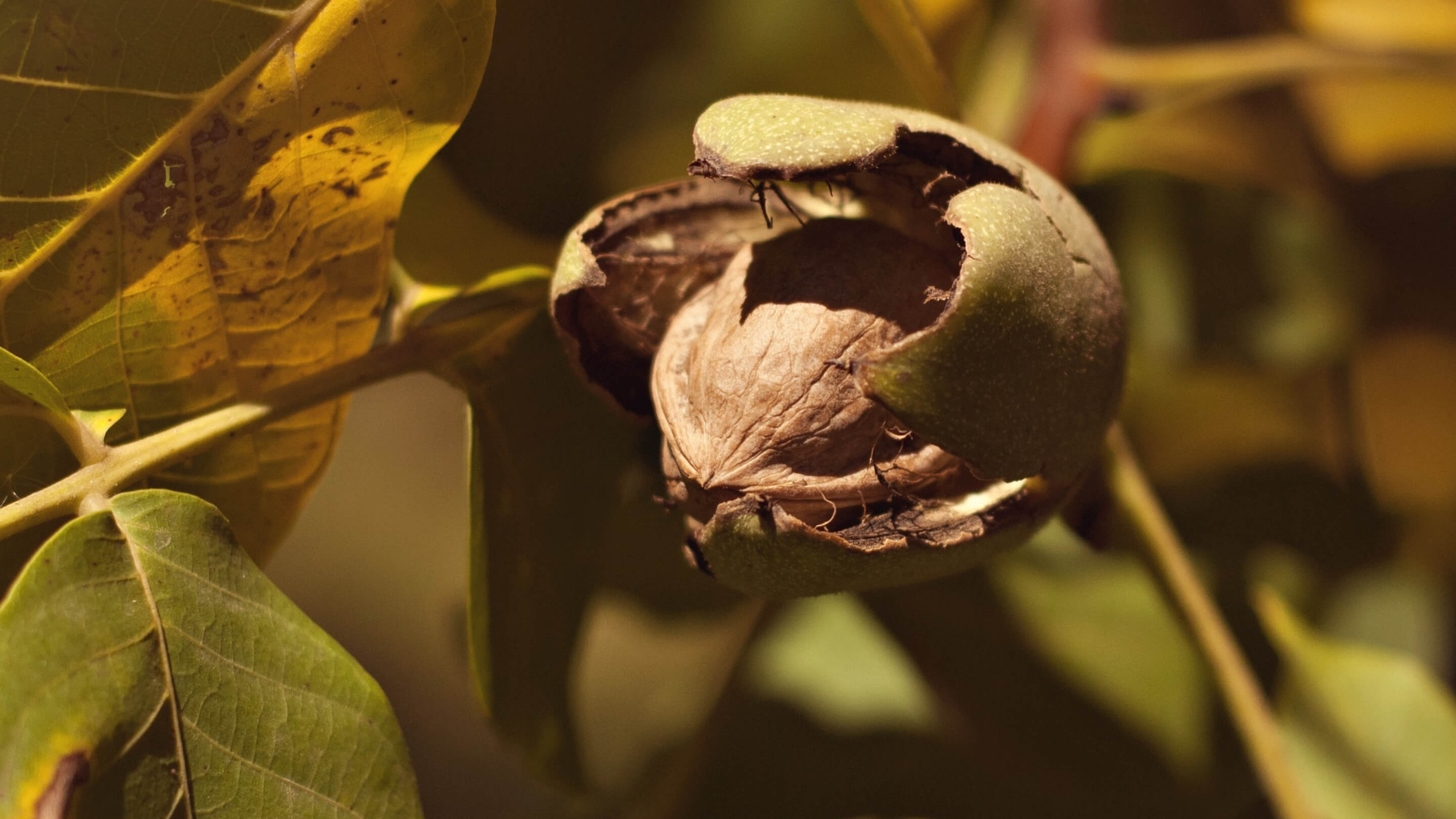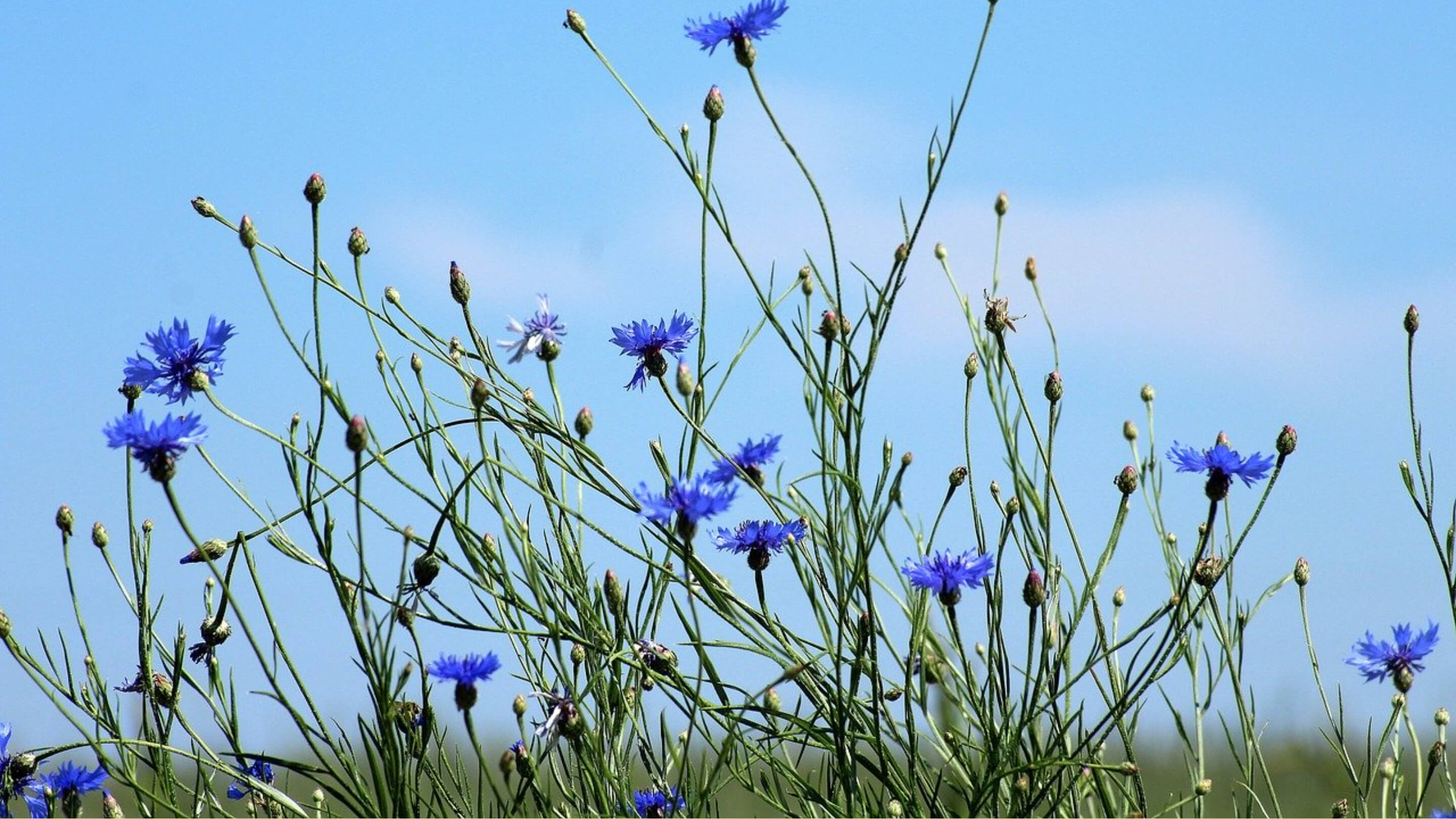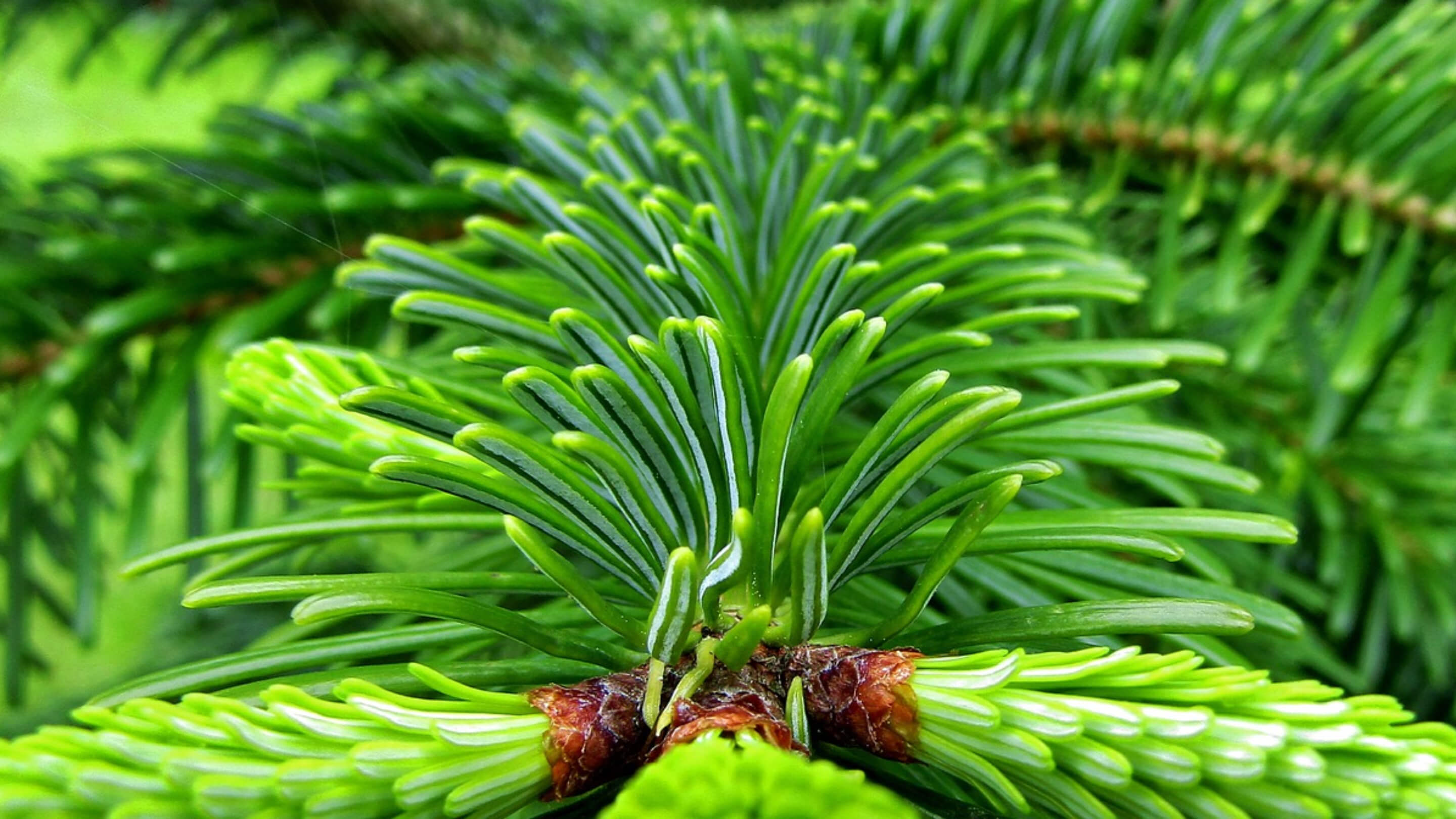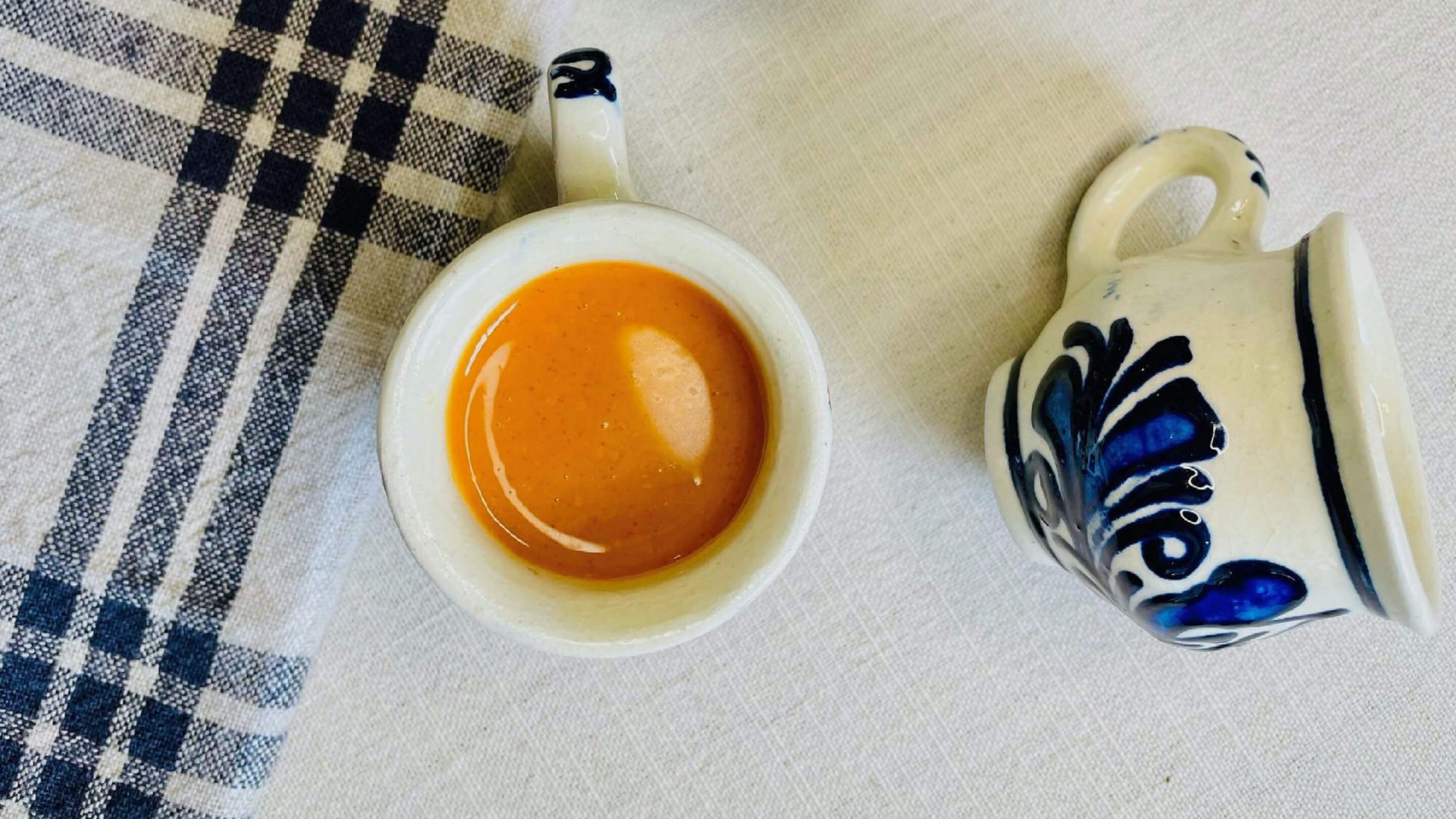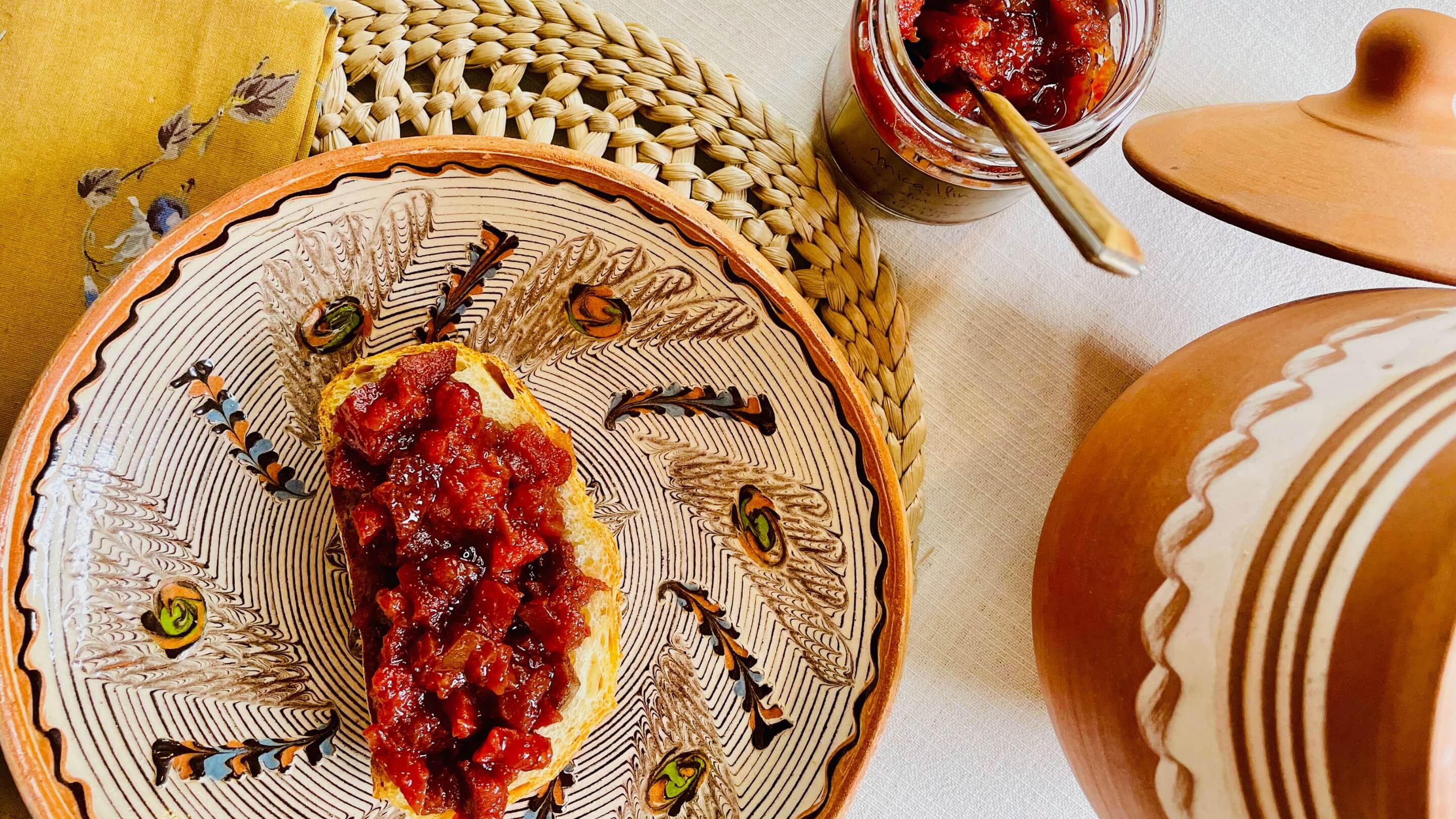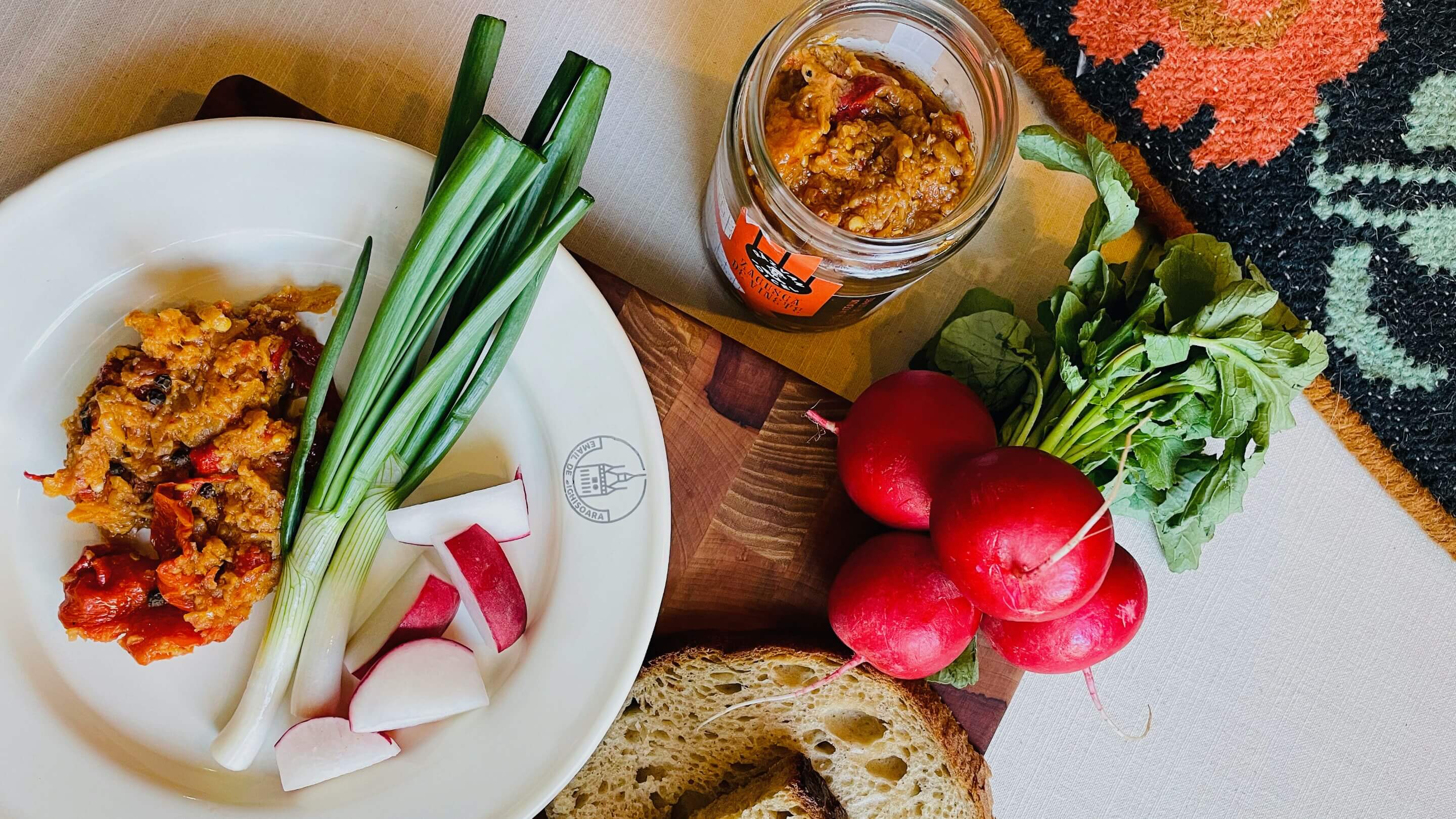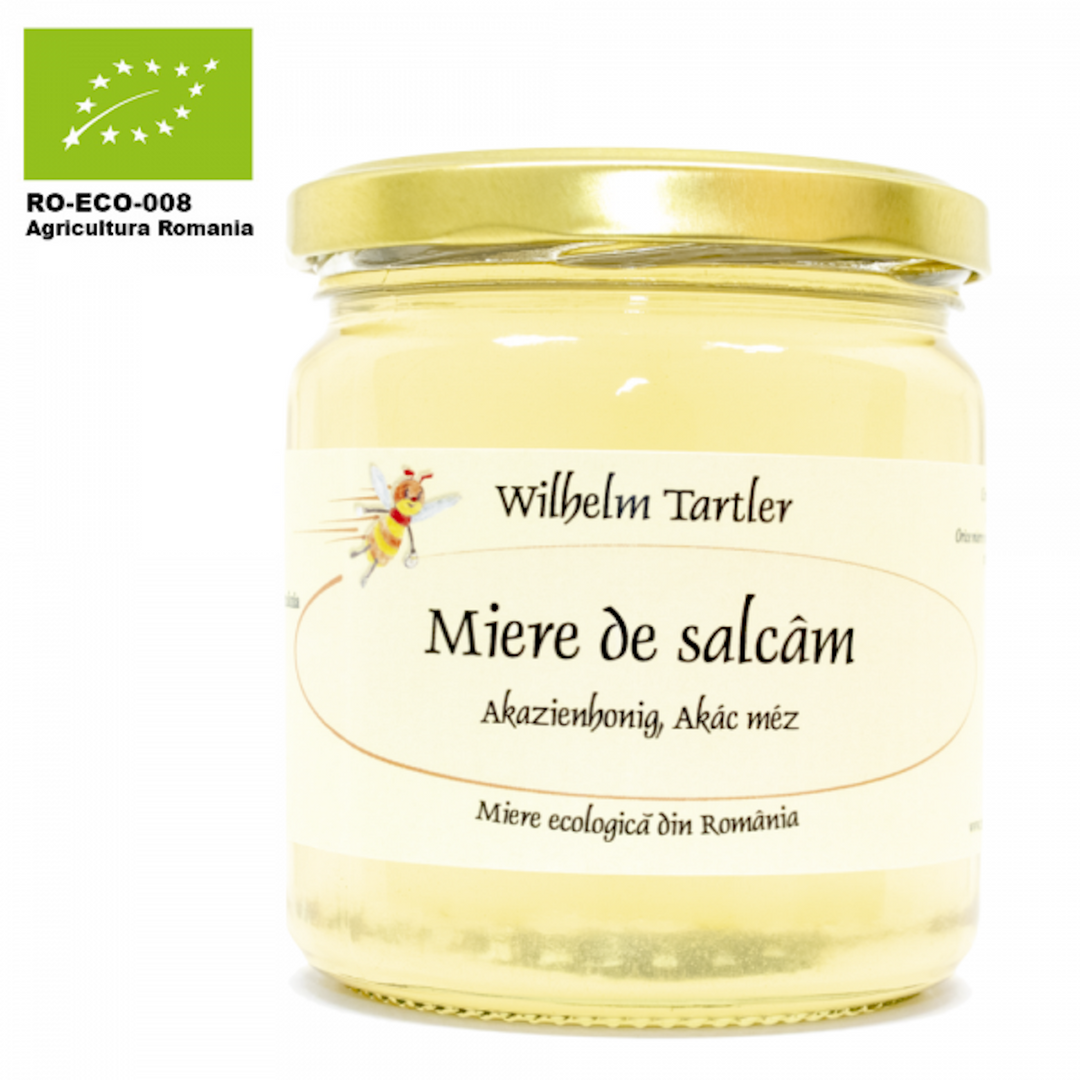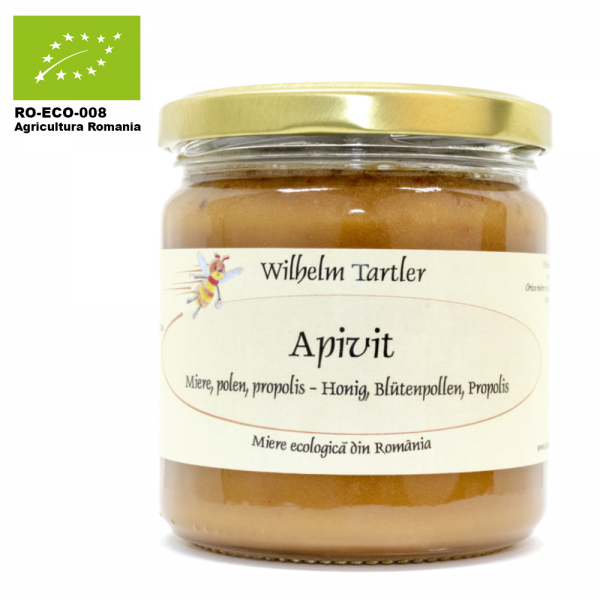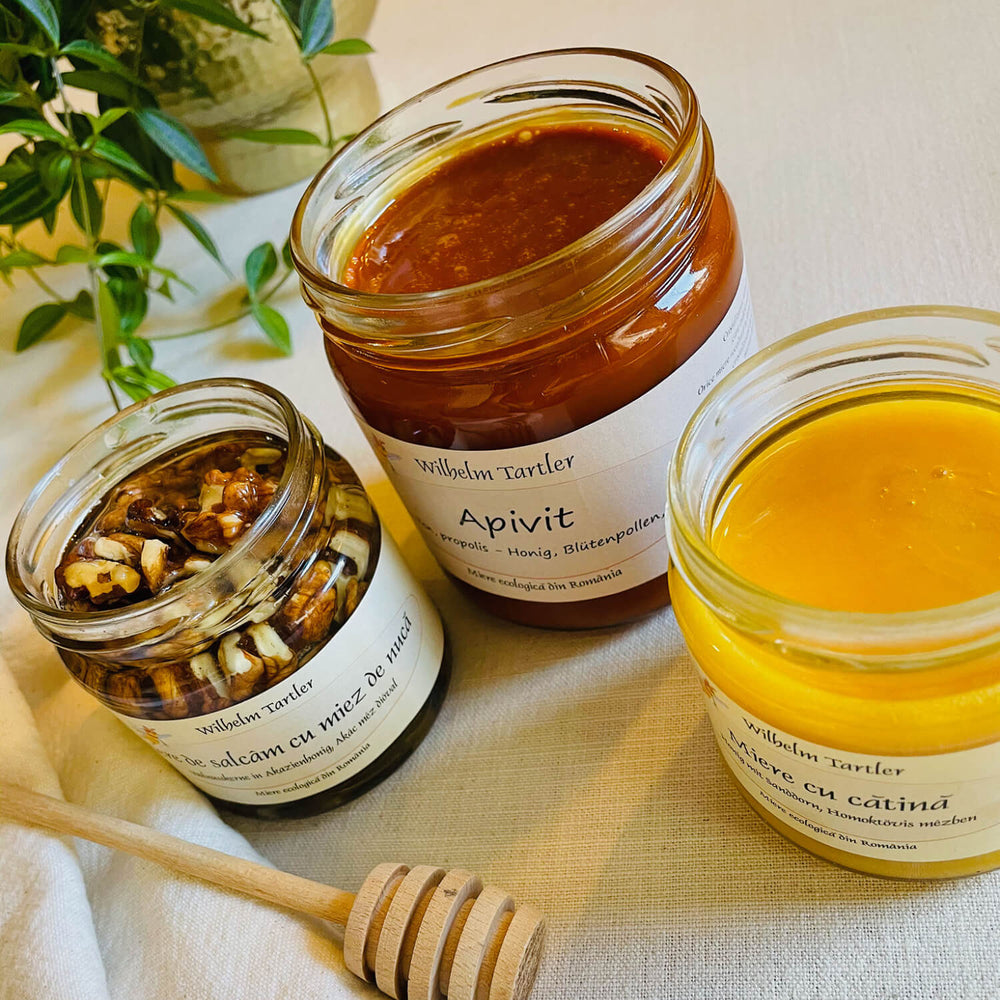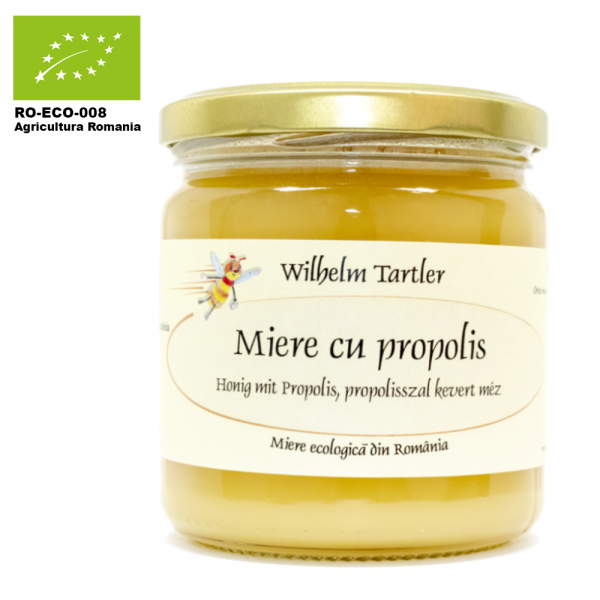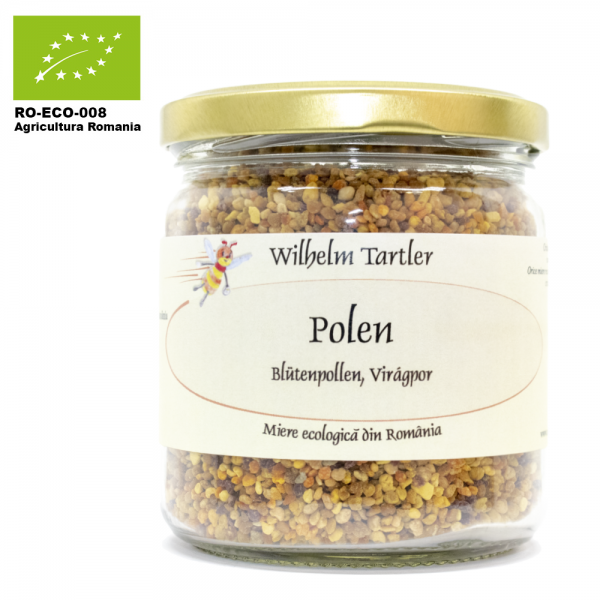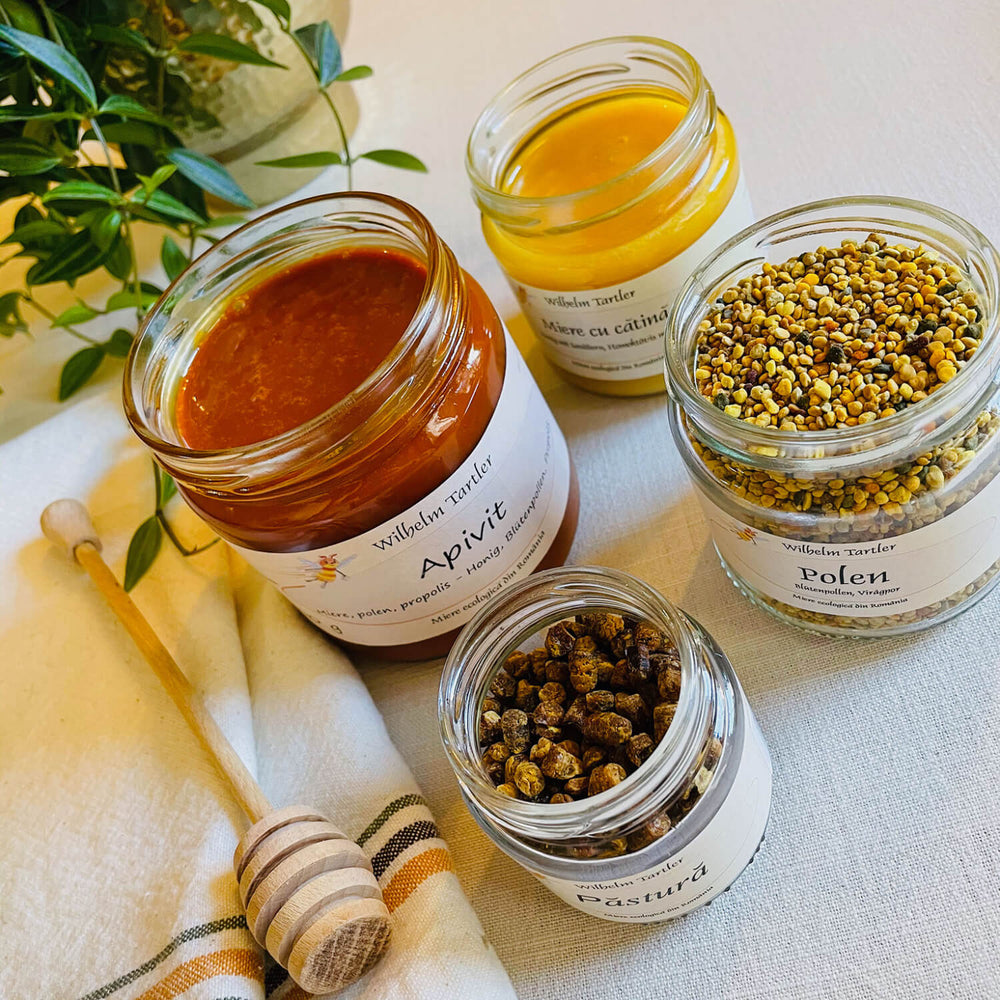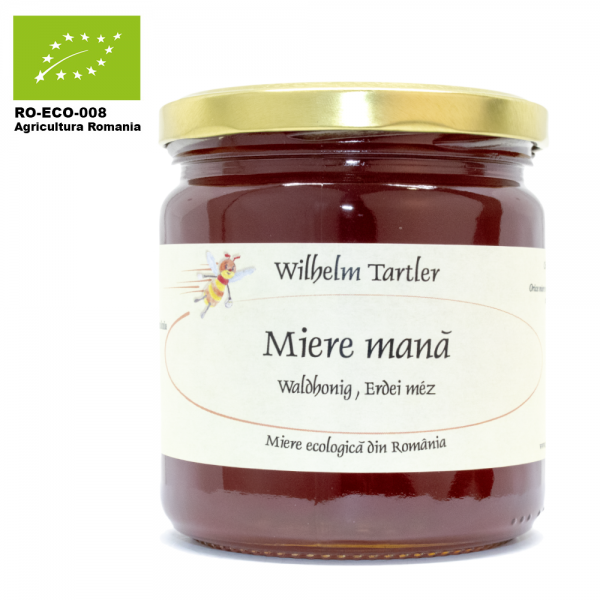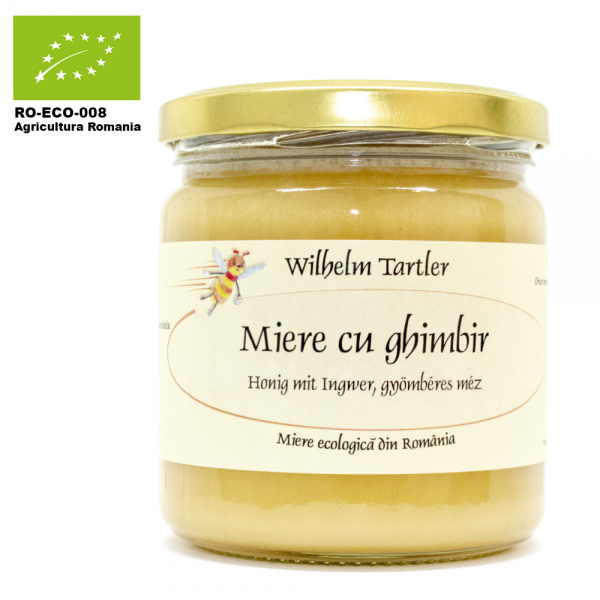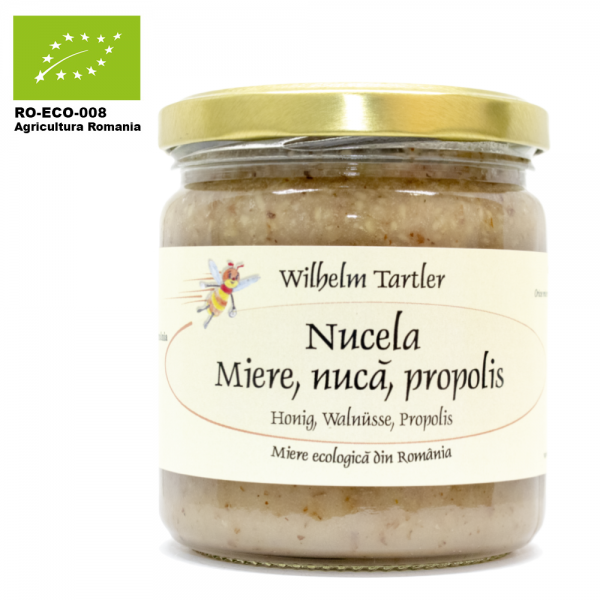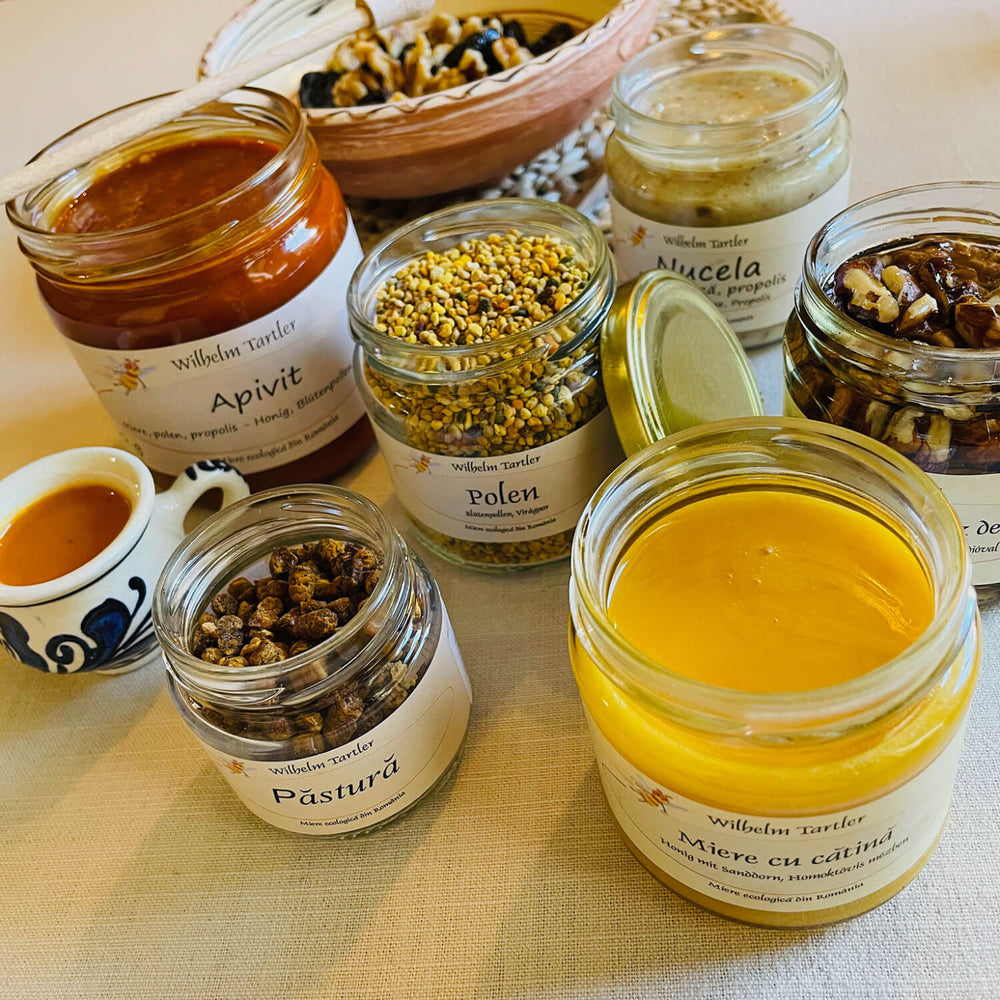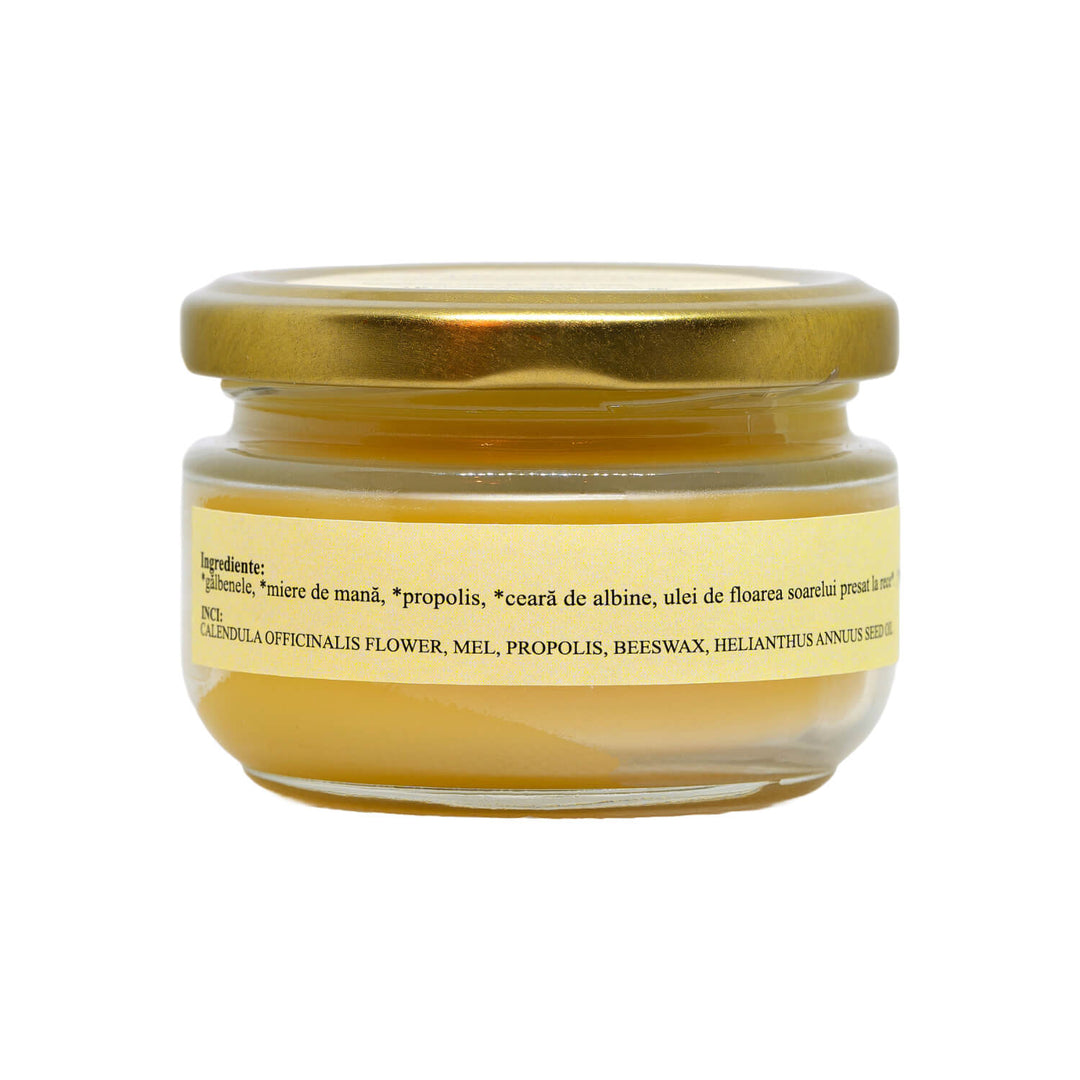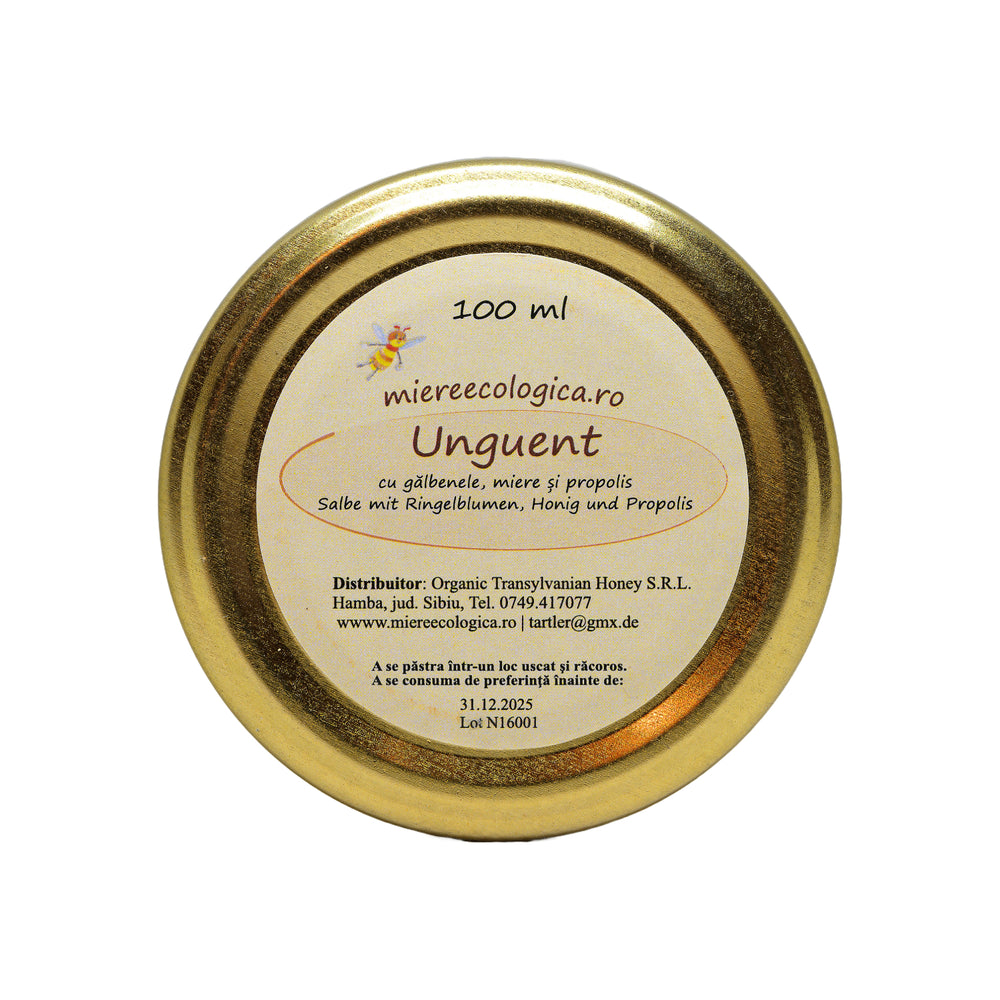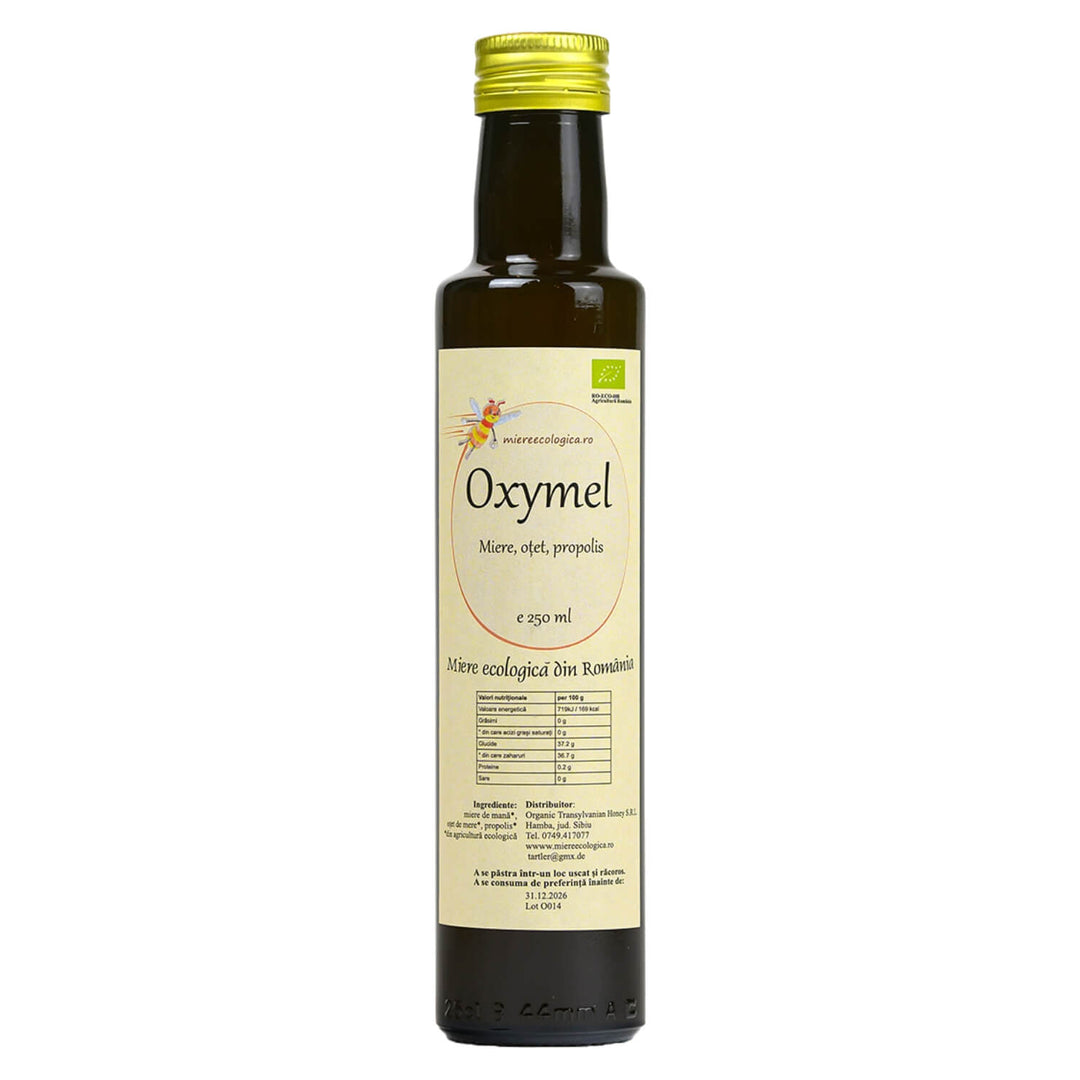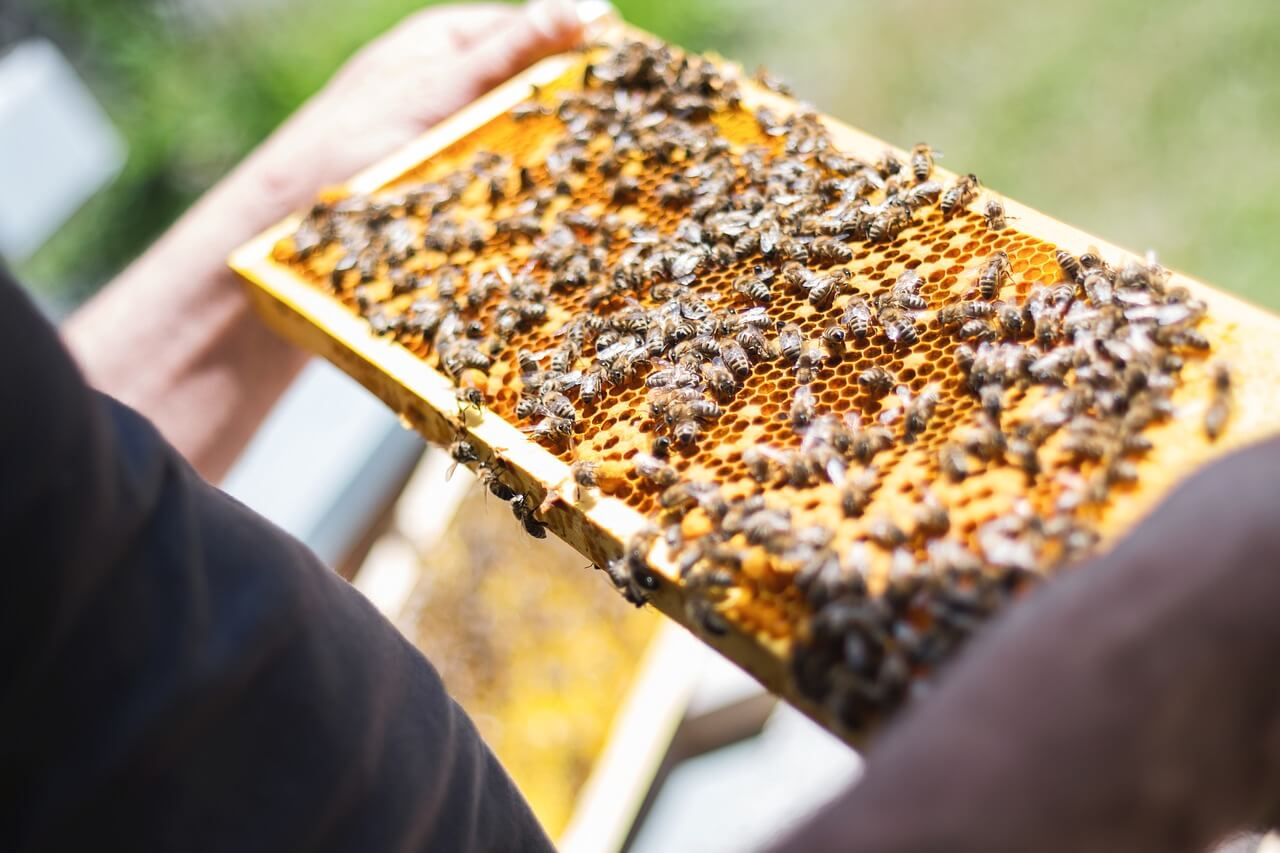
Wilhelm Tartler
WHO IS WILHELM TARTLER?
Wilhelm Tartler is a beekeeper in Hamba village, Sibiu County, Transylvania. He deals with around 300 bee families which are divided into 6 stable homes within a 40km radius. His bees live in remote areas, in their natural environment, close to forests. In this way Wilhelm can ensure the health of the bees but also the quality of the bee products obtained.
WHAT DO THEY DO?
They produce different type of raw honey, pollen, propolis and mead. To diversify the assortment of honey he moves with part of the beehives to various areas in Romania such as the rapeseed harvest in Banat, to acacia in Oltenia, to sunflower in Dobrogea and to the mountains for honeydew honey. Making healthy and clean bee products is their secret to the sustainability of this task. Only with bee products of the highest quality, without residues of chemicals, antibiotics or other unwanted substances can we live with and from bees.
THE PRODUCE...
For 15 years, Wilhelms' bee families have been certified organic. The honey is 100% raw/ natural, unpasteurised, unheated and untreated to preserve all natural enzymes, vitamins, minerals and other nutrients. His range includes lime blossom, acacia, sunflower, forest, honeydew and wild flower organic honey.
HONEY CRYSTALLISATION...
As you will have noticed much of their honey is crystallised. Crystallisation is a process specific to each type of honey, after a certain storage time the honey changes from liquid to a more consistent state depending on the size of the crystals. The crystallisation or hardening of honey is a natural, physical process and does not worsen its quality, in fact it signifies a natural unprocessed honey.
In general, honeys with a higher glucose rather than fructose content are more likely to crystallise at a quicker rate. Examples of honeys with a higher glucose content that are more likely to crystallise are rapeseed, sunflower and lime blossom. Honeys with a higher fructose content and therefore, stay liquid for much longer are those such as acacia, honeydew, sage and chestnut honey. The crystallisation processionals can only be interrupted by the overheating of the honey which leads to the loss of their therapeutic properties.
